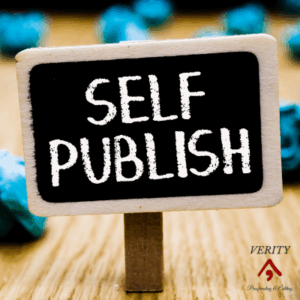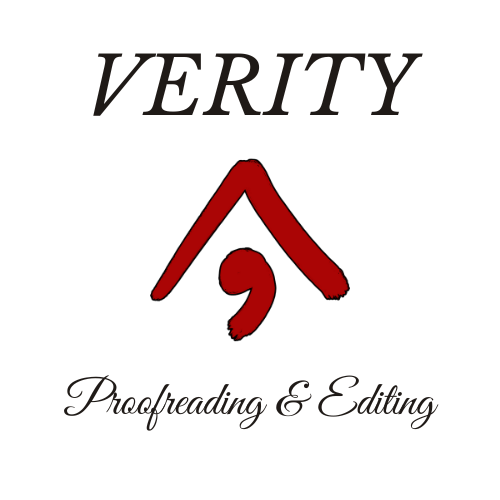 You’ve finished the book God placed on your heart—but now comes the question every new author faces: What are the publishing paths, and which should I take?
You’ve finished the book God placed on your heart—but now comes the question every new author faces: What are the publishing paths, and which should I take?
The world of publishing has changed dramatically. Once, traditional publishers dominated the landscape; today, hybrid and self-publishing models have opened doors for pastors and ministry leaders everywhere. Yet those open doors can be confusing—and sometimes costly—if you don’t understand what’s behind them.
Choosing the right publishing path is about more than printing books. It’s about stewardship: protecting your message, your time, and the resources God has entrusted to you.
Let’s explore the three main publishing paths in 2025—traditional, hybrid, and self-publishing—so you can decide which one fits your calling and goals.
Traditional Publishing – The Tried-and-True Route
What It Is
Traditional publishing means working with an established publisher that pays you (through an advance and royalties) while handling every stage—editing, design, printing, distribution, and sometimes marketing.
Pros
-
Professional editors, designers, and marketing staff
-
Nationwide bookstore and library distribution
-
No upfront cost to the author
Cons
-
Extremely competitive—especially for niche ministry titles
-
Long timelines (often 12–24 months)
-
Limited creative control over title, cover, or content
-
Smaller royalty percentages (usually 10–15% of net sales)
What Pastors Should Know in 2025
Traditional deals for devotionals and ministry books are rare unless you have a strong platform—a podcast, speaking circuit, or large congregation. Publishers often expect authors to bring their own audiences and handle much of the marketing themselves.
If you pursue this path, build your author platform first and research publishers that specialize in Christian nonfiction or pastoral resources. A professional proofreader or editor can also increase your manuscript’s chances of acceptance.
Hybrid Publishing – The Middle Ground with Fine Print
What It Is
Hybrid publishers combine aspects of traditional and self-publishing. You pay for some or all services—editing, design, printing, distribution—while the company manages the technical work.
What to Watch For
-
Fees: Legitimate hybrids are transparent about costs. Avoid vague “packages.”
-
Services: Confirm professional editing, design, and formatting are included.
-
Rights: Read the contract carefully—retain ownership of your book.
Pros
-
Faster turnaround (often 3–6 months)
-
Professional assistance throughout production
-
More collaboration and creative input than traditional publishing
Cons
-
Significant upfront cost ($2,000 – $10,000 +)
-
Quality varies widely among publishers
-
Some hybrids operate like vanity presses
What Pastors Should Know in 2025
Hybrid publishing can be a strong choice for pastors who want professional help but still want to control content and rights. Before paying, research the company thoroughly—read reviews, talk to other authors, and ask for sample contracts.
Seek wise counsel, both spiritual and professional. Protecting your intellectual property is part of good stewardship.
Self-Publishing – Full Control, Full Responsibility
 What It Is
What It Is
Self-publishing means you are the publisher. You hire editors, proofreaders, and designers, and use online platforms like Amazon KDP or IngramSpark to print and distribute your book.
Pros
-
Complete creative control—cover, price, and release date are all yours
-
Higher royalties (after platform fees)
-
Speed—your book can launch within weeks
Cons
-
You manage or outsource everything—editing, formatting, marketing
-
Poorly edited books can hurt credibility and ministry reach
-
Requires long-term effort to market and maintain sales
What Pastors Should Know in 2025
Self-publishing has never been easier—or more competitive. It’s an excellent choice if you want to share your message quickly or maintain full control. But don’t skip professional editing or proofreading; quality reflects your message and your ministry.
Partnering with experienced professionals ensures your work honors both your readers and your calling.
How to Choose the Right Publishing Paths for Your Book
Ask yourself three key questions:
-
Control or convenience? Do you want total creative freedom or prefer someone else to manage production?
-
Time or money? Would you rather invest finances or dedicate your own time to learning and managing the process?
-
Reach or relationship? Are you focused on mass distribution or building deeper connections with a niche audience?
There’s no wrong answer—only what aligns best with your goals, resources, and mission.
Whichever route you choose, take time to pray, research, and seek guidance from trustworthy professionals. Remember, publishing is part of your ministry’s witness—accuracy, excellence, and clarity matter.
Conclusion
Whether you choose a traditional, hybrid, or self-publishing path, your words can make an impact when they’re presented with excellence and integrity.
At Verity Proofreading and Editing, we help pastors and Christian authors prepare manuscripts that honor their message and meet today’s publishing standards. Before you sign a contract or upload your book, let’s make sure it’s polished, protected, and ready to reach readers.
👉 Schedule a consultation today at VerityProofreading.com to take the next confident step in your publishing journey.
❓ FAQ: Publishing Paths for Pastors
Q: What’s the best publishing option for first-time pastors?
A: Self-publishing is often the best first step—it builds experience and audience trust before pursuing hybrid or traditional routes.
Q: How do I know if a hybrid publisher is legitimate?
A: Check author reviews, request a detailed contract, and confirm you keep your rights. Avoid companies making “guaranteed bestseller” claims.
Q: Can I move from self-publishing to traditional publishing later?
A: Yes. Many pastors use self-publishing to prove reader interest. Strong sales and professional editing can attract traditional offers.

